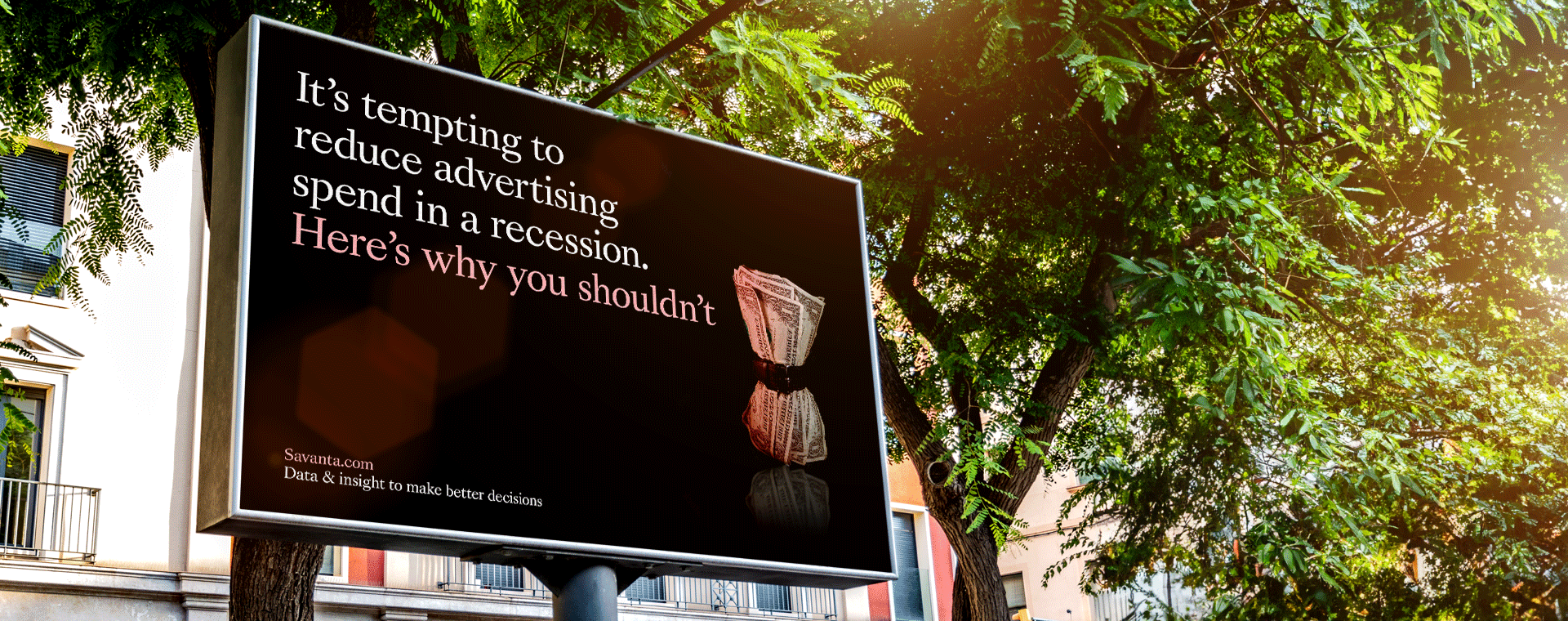

Research conducted by Savanta ComRes in conjunction with BBC News paints a stark picture of how the cost of living crisis has deepened over the last six months.
It can be difficult during these long summer days to remember a time when the sun set at 4pm. Cast your minds back to January. The impact of the cost of living crisis was starting to be felt but the fallout from the Partygate scandal and Leeds United’s injury crisis dominated our / my attentions. The combined blows of an increase in the energy price cap and a National Insurance rise set for April was a concern but still a fairly distant prospect for many.
Two thirds (66%) of those worried about the cost of living now say this is having at least somewhat of a negative effect on their mental health, up from three in five (58%) in January.
As part of a survey undertaken on behalf of BBC Radio 5Live at the time, the majority (69%) of UK adults told us they were ‘worried’ about the cost of living crisis, but only three in ten (30%) expected their personal financial situation to get worse in the first half of 2022. A quarter (24%) thought it was going to get better.
Six months later and expectations for the rest of 2022 are much gloomier. Half (49%) now tell us they think their financial situation is going to get worse over the next six months, a rise of 19 percentage points. The proportion of UK adults who now feel worried about the cost of living has reached four in five (81%).
Five in six (84%) have spent less on clothes to save money in the last six months, three quarters (76%) have gone on fewer trips/days out, while seven in ten have travelled less to meet up with family and friends (72%), put off big purchases (72%) and gone on fewer nights out (68%). More than half (56%) say they have skipped meals to save money, up from 48% who said this in January.
Two thirds (66%) of those worried about the cost of living now say this is having at least somewhat of a negative effect on their mental health, up from three in five (58%) in January.
In February, governor of the Bank of England Andrew Bailey told workers that while it would be “painful” to accept that prices are rising faster than their wages, they should not demand big pay rises to help stop prices rising out of control.
Our survey finds this warning may be heeded. Although four in five (82%) working UK adults say they think their wage should increase to match the rising price of goods and services (an average of 9% between April 2021 and 2022), only a third (35%) say they will ask their employer for their wages to increase in line with rising prices this year.
With wages unlikely to keep up, many want to see the Government do more to help people deal with rising prices. Chancellor Rishi Sunak recently announced £15bn of one-off financial support targeted at pensioners and individuals receiving welfare or disability benefits. However, the quarter (24%) of UK adults who say this is enough to help people with the rising cost of living are significantly outnumbered by the two thirds (64%) who say it is not.
After surviving last week’s vote of confidence, Boris Johnson was keen to ‘draw a line’ under questions on his leadership and stress his government was focused on ‘what the people of this country care about most’. If he is to regain the trust of the public, additional cost of living support has to be top of his to-do-list.
Methodology: Savanta ComRes interviewed 4,011 UK adults online from 8th to 10th June 2022. Data were weighted to be demographically representative of UK adults by age, gender, region and socio-economic grade. Savanta ComRes is a member of the British Polling Council and abides by its rules.
Savanta ComRes previously interviewed 2,171 UK adults online from 14th to 16th January 2022.








